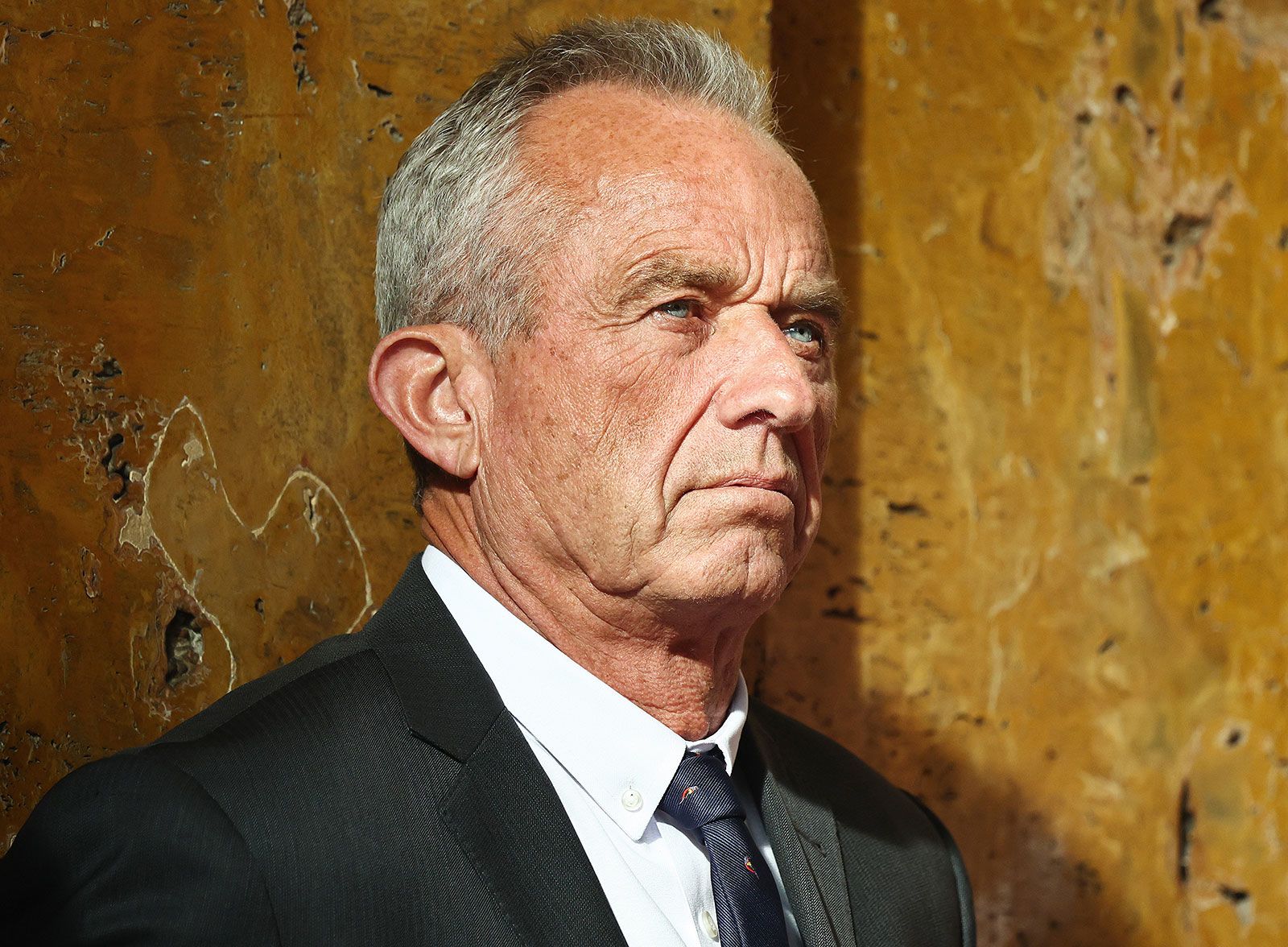Independent candidates, including Robert F. Kennedy Jr., are making a significant impact in early polls for the upcoming presidential race. This development not only underscores a wave of dissatisfaction with Joe Biden and Donald Trump but also introduces an additional layer of unpredictability to an already tight race.
Five national polls conducted in March and April by Quinnipiac University, Fox News, Marquette Law School, NBC News, and Marist College show Kennedy garnering an average of 13% support for his independent presidential bid. Meanwhile, independent candidate Cornel West and Green Party candidate Jill Stein each received an average of 3% support. Given the neck-and-neck race between Trump and Biden, even a small fraction of this support could significantly influence the election’s outcome.
However, historical data suggests that the election performance of third-party and independent candidates often falls short of their polling predictions. Dan Cassino, the executive director of the Fairleigh Dickinson University Poll, explains that when people express support for a third-party candidate, they are either expressing dissatisfaction with the major party candidates or genuinely supporting the third-party candidate.
With the relative unpopularity of this year’s major presidential candidates, the group expressing dissatisfaction is likely to far outnumber those genuinely supporting a specific alternative. This is evidenced by a national CNN poll last year, where 39% of voters who said they would support Kennedy also admitted they didn’t know enough about him to form an opinion.
Estimating support for third-party candidates has always been a challenge. In the 2014 midterms, most surveys overstated the eventual support for third-party candidates. However, polls that omitted third-party candidates often underestimated their support, according to data compiled by Joe Lenski, the executive vice president of Edison Research.
Despite the public’s long-standing enthusiasm for new political alternatives, this fervor rarely translates into support for specific movements. For over a decade, Americans have expressed to Gallup that a third major party is needed, yet continue to vote overwhelmingly for major-party candidates.
Polling for third-party and independent candidates this year could be particularly challenging due to several factors. These include unusually high dissatisfaction with major-party candidates, the potential superficial boost in recognition for Kennedy due to his famous surname, the unsettled level of ballot access for independent candidates, and changes in how polls are conducted.
Public pollsters are currently asking two different questions about the general election – one naming just Biden and Trump, and another including additional candidates – and separately reporting the results of both. This approach demonstrates the uncertainty and the limits of how precisely polling can capture the current state of any race, let alone predict how it might evolve in the months to come.

